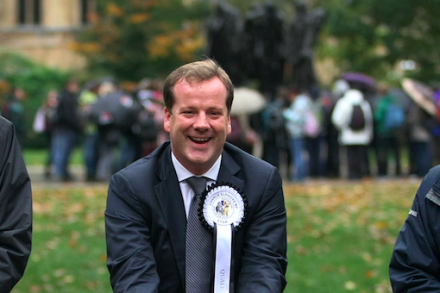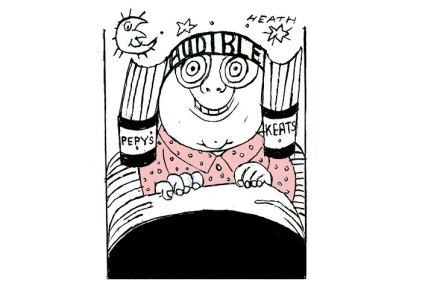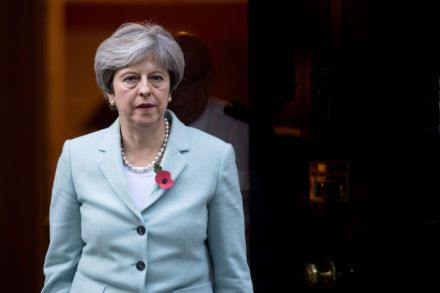Tory MP Charlie Elphicke has the whip suspended
The Tory MP for Dover, Charlie Elphicke, has had the whip suspended this evening. In a statement the new chief whip Julian Smith says that this follows ‘serious allegations that have been referred to the police’. In response, Elphicke has tweeted that the party tipped off the media that he was having the whip suspended in advance of telling him. He continued, ‘I am not aware of what the allegations are and deny any wrongdoing’. There are allegations against other MPs in the papers tomorrow. Clive Lewis has been accused of groping a woman at Labour conference this year. He strenuously denies the allegation, telling ITV’s Paul Brand that his




















